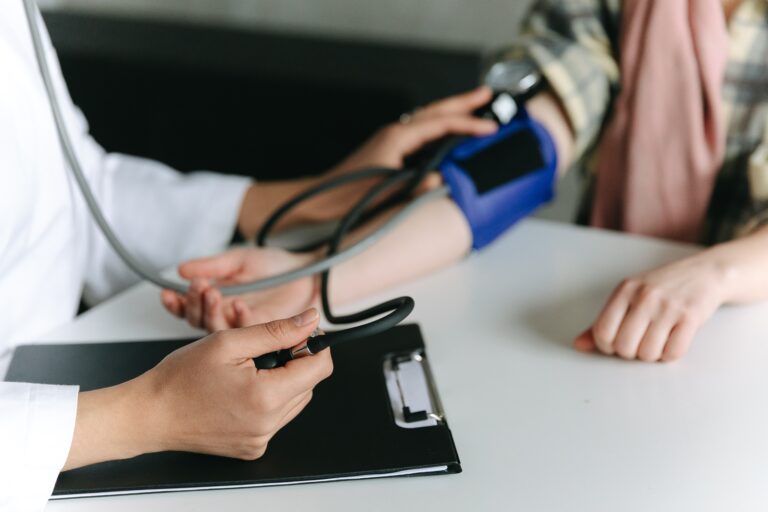

If you’re a big fan of fish and other seafood, you have probably looked up their health benefits and already know they are a good source of beneficial nutrients such as Omega-3 fatty acids.
Omega-3 fatty acids have a wide range of health benefits, including reduced risk of inflammatory diseases and heart disease. One of the Omega-3 fatty acids is Docosahexaenoic acid, more commonly known as DHA.
Much like Omega-3, DHA can be found in oily fish and has a myriad of scientifically-backed health benefits. On its own, DHA can support your brain function and improve your eye health. This fatty acid can also help your muscles recover faster from exercise, reduce certain types of cancers from developing, and support overall blood circulation.
Depending on your DNA, your body may have a reduced or increased metabolism for DHA. This means that your body may be able to synthesize less or more DHA or absorb less or more DHA from your diet and from supplements.
Although your body can produce DHA, it does so in minimal doses via other fatty acids already present. If you want to make your DHA levels higher, taking this fatty acid via food or supplements might help. People commonly take DHA supplements or eat food rich in this fatty acid to lower high levels of cholesterol and other bad fats that might pose a health risk
Genetic testing for deficiency can help reveal your DHA levels LifeDNA offers a wide range of DNA plans to help you get started on your personalized wellness journey.
As you may already know, DHA supports overall cardiovascular health. Omega-3 fatty acids, including DHA, can help lower blood pressure. You may probably wonder, “do Omega-3s lower cholesterol?” According to some studies, Omega-3 containing DHA and EPA may also reduce blood cholesterol as an added supplement.
However, it is important to note that DHA supplements cannot and should not replace medication that your physician prescribes for conditions such as high blood pressure and high cholesterol levels.

It is important that you consume enough Omega-3 fatty acids in order to maintain optimal wellness.
Without adequate DHA in your body, you may be at an increased risk of a compromised immune system, as well as suboptimal pulmonary, endocrine, and cardiovascular health.
In fact, some studies have found that a lack of Omega-3 fatty acids in the body has been associated with several conditions such as:
Skin and eye dryness and irritation
Depression or depressive episodes
Pain and stiffness of the muscles and joints
To boost your DHA levels, optimizing your diet can definitely help! Including more fatty fish such as salmon and cod, as well as nuts high in precursors of DHA can also help boost your DHA levels.
If you suspect that your body is not able to synthesize or absorb DHA efficiently and effectively, a DNA test for a potential nutrient insufficiency might help. LifeDNA can provide full and comprehensive information on hundreds of unique traits based on your genetic variation.

Remember, LifeDNA offers a Vitamins Report that provides insights into your body’s potential deficiencies for certain vitamins and minerals, as well as suggestions on how you can improve your lifestyle and supplementation based on your result. Check out our DNA-personalized plans today to learn more.
*Understanding your genetics can offer valuable insights into your well-being, but it is not deterministic. Your traits can be influenced by the complex interplay involving nature, lifestyle, family history, and others.
Our reports have not been evaluated by the Food and Drug Administration. The contents on our website and our reports are for informational purposes only, and are not intended to diagnose any medical condition, replace the advice of a healthcare professional, or provide any medical advice, diagnosis, or treatment. Consult with a healthcare professional before making any major lifestyle changes or if you have any other concerns about your results. The testimonials featured may have used more than one LifeDNA or LifeDNA vendors’ product or reports.


